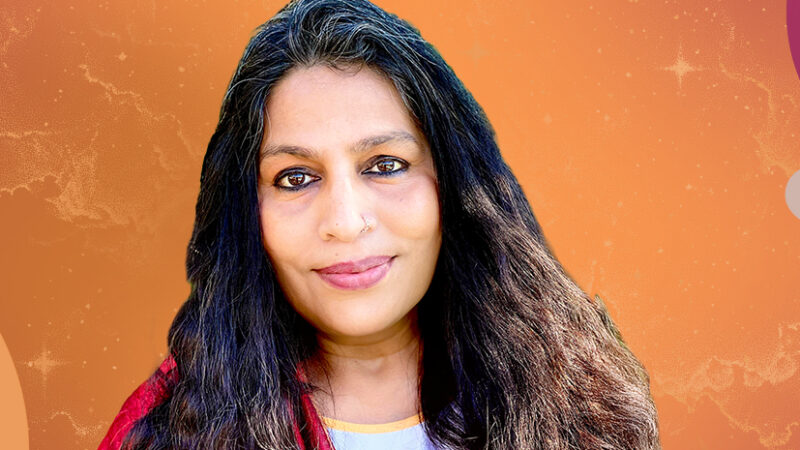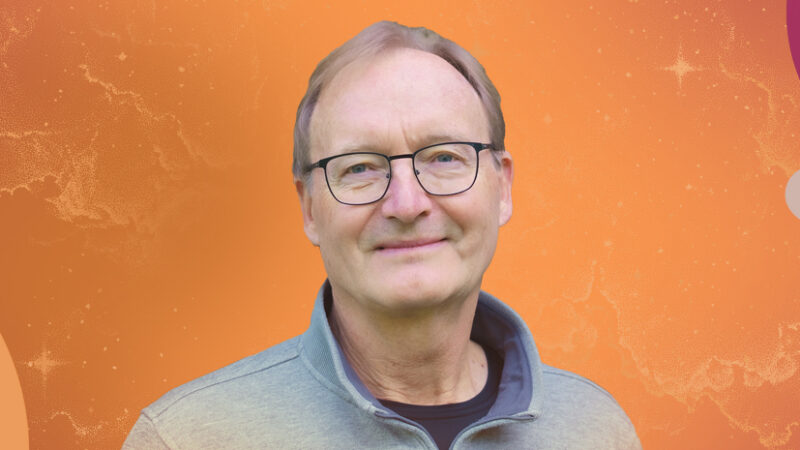
Hey, far be it from me to offer instructions on how to host a stress-free holiday party, since I can’t remember the last time I even hosted a holiday party, let alone stress-free. Still, as someone who has spent decades in the kitchen, what I do know is that people spend way too much time and effort trying to follow recipes rather than enjoying themselves and making food for one another. So if I was to host a gathering this season, here’s what I would aim to keep in mind.
First things first, lower your standards enough to have a good time. The best story about this is one that Robert Bly tells at his readings about his friend William Stafford, who was confirming to an interviewer that he had a practice of writing a poem each day. “How,” the interviewer wondered, “can you do that day in and day out? How can you be that creative?” To which Stafford replied, “I lower my standards.”
This is a brilliant piece of advice that requires a sleight of hand: Lowering your standards for making sure that others think highly of you. To engage in trying to control what others think of you is stressful, exactly because it is impossible. To lower your standards, you let them think whatever they do. And they will! At least it’s not going out on Yelp! (unless it is..)
So instead of trying to be impressively masterful, you could aim to enjoy yourself alongside your family and friends. Enjoyment in this case is a choice to rest easy doing what you are capable of doing, and letting go of the rest. And tuning into warmth, gratitude, and well-being.
Sure, make some plans, consult some culinary bibles or online cooking sites, but leave room for your plans to change as the holly hour approaches. If things are getting stressful, reassess what to do and what not to do. Decide to do less! Perhaps if people are not too busy with being impressed with the spread, they will have more energy for happily engaging with one another.
Be entirely willing to ask for help. When I’ve wanted to appear masterful, I have hesitated to do this, as then others might see me as being needy and helpless, and my project to appear capable and competent would be a disaster. Then nobody helps. But they do tell you to calm down, which doesn’t help.
So ask for help, whether it’s for food dishes from others, drinks to bring, people to serve, help with cleaning up. Inspiration, assistance, guidance, support—the more you ask for it, the more it appears.
Again, it’s not up to you to make sure that everyone has a good time. That’s their job. After all most of them are probably adults now, and they may choose to enjoy themselves. It’s your job to offer what you have to offer, sincerely and wholeheartedly. Letting go of the results.
And when you let go of assessing the results, you may be pleasantly surprised that you are smiling. You discover what’s in front of you can be sweetly beyond compare.
Happy hosting!
Looking for more great reads?
 Edward Espe Brown was the first head cook at Tassajara Zen Mountain Center and later helped found Greens Restaurant in San Francisco. He is the author of several bestselling cookbooks, including The Tassajara Bread Book (Shambhala, 1970) and the subject of the 2007 film How to Cook Your Life. His newest book, No Recipe, is being published by Sounds True and will be on sale on May 1, 2018.
Edward Espe Brown was the first head cook at Tassajara Zen Mountain Center and later helped found Greens Restaurant in San Francisco. He is the author of several bestselling cookbooks, including The Tassajara Bread Book (Shambhala, 1970) and the subject of the 2007 film How to Cook Your Life. His newest book, No Recipe, is being published by Sounds True and will be on sale on May 1, 2018.










